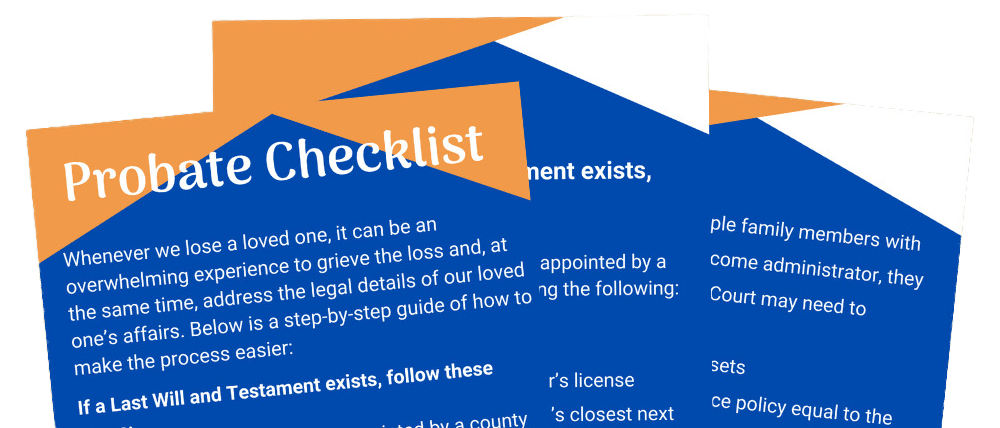In April 2012, renowned artist Thomas Kinkade passed away at the age of 54. On July 2, 2012, Mr. Kinkade’s girlfriend, Amy Pinto-Walsh, filed a lawsuit seeking to probate some handwritten notes allegedly authored by Mr. Kinkade that would give Ms. Pinto-Walsh his mansion and another $10 million to start a museum to exhibit his paintings.
On June 29, 2012, the New Jersey Appellate Division ruled that an unsigned and un-witnessed Will drafted by a lawyer for his own estate was properly admitted to probate by the Burlington County Probate Court. The 3-judge appellate panel in the case of In re Estate of Ehrlich (case number A-5439-10), upheld the unsigned Will’s probate in a 2-to-1 decision. This case may be appealed to the New Jersey Supreme Court given the presence of one judge’s dissenting opinion and the overall significance of the issue before the court.
In this case, the decedent, Richard Ehrlich, was a practicing attorney for 50 years who drafted numerous Wills for his clients. When it came to his own Will, however, Mr. Ehrlich’s incomplete record-keeping led to a dispute over his estate. Mr. Ehrlich left an unsigned and un-witnessed copy of a Will dated May 20, 2000 in a drawer in his home. Mr. Ehrlich also left a handwritten note which indicated that the original 2000 Will had been mailed to his friend whom he named as his primary executor. However, that friend had died in 2005 and Mr. Ehrlich’s original Will was not found among the friend’s possessions.
Mr. Ehrlich’s nephew, a beneficiary under the 2000 Will and the contingent executor (named as a back-up to the decedent’s friend), successfully convinced the probate court that the Will should be probated. The majority of the appellate court agreed that this unsigned Will was properly admitted to probate in accordance with the 2004 New Jersey probate law that relaxed the formal criteria for probate in cases where the person seeking probate establishes by clear and convincing evidence that the decedent intended the document to be his or her Will.
A 2010 New Jersey appellate court in the case of In re Probate of Will and Codicil of Macool(the subject of a blog dated July 2, 2012 which is posted on my website)had ruled that unsigned Wills could be probated with sufficient proof but held that the Macool Will lacked sufficient proof to be probated.
In the Ehrlich decision, the court said that Mr. Ehrlich’s nephew could probate the unsigned Will because he proved that Mr. Ehrlich read the Will and agreed with its terms, as the appellate court required in the Macool decision. The Ehrlich court stated that Mr. Ehrlich “undeniably prepared and reviewed the purported Will” because he himself drafted it, the handwritten note showed that Ehrlich sent the Will to the person named as executor and from the fact that Ehrlich told people that he left the bulk of his estate to his nephew Jonathan.
The court held that: “given these circumstances, we are satisfied that there is clear and convincing evidence that the unexecuted document . . . was reviewed and assented to by decedent and accurately reflects his final testamentary wishes.”
The Ehrlich case is significant for a number of reasons. First, this appellate court decision confirms that unsigned Wills can be probated where there is evidence that the decedent read the purported Will and agreed with its terms. Second, this case shows how important it is to have a properly prepared Will and sign it with two witnesses and a notary present in order to avoid the estate litigation that occurred in Mr. Ehrlich’s estate. Although Mr. Ehrlich’s unsigned Will was probated (in contrast to the result in the Macool case), I suspect that his estate was diminished by tens of thousands of dollars in counsel fees. Had Mr. Ehrlich taken steps to safeguard his original signed Will, or had he simply retained a photocopy of the original signed Will, that litigation and its expense could have been avoided.


